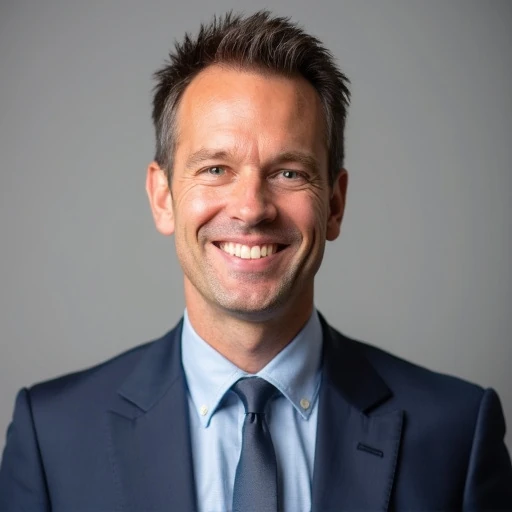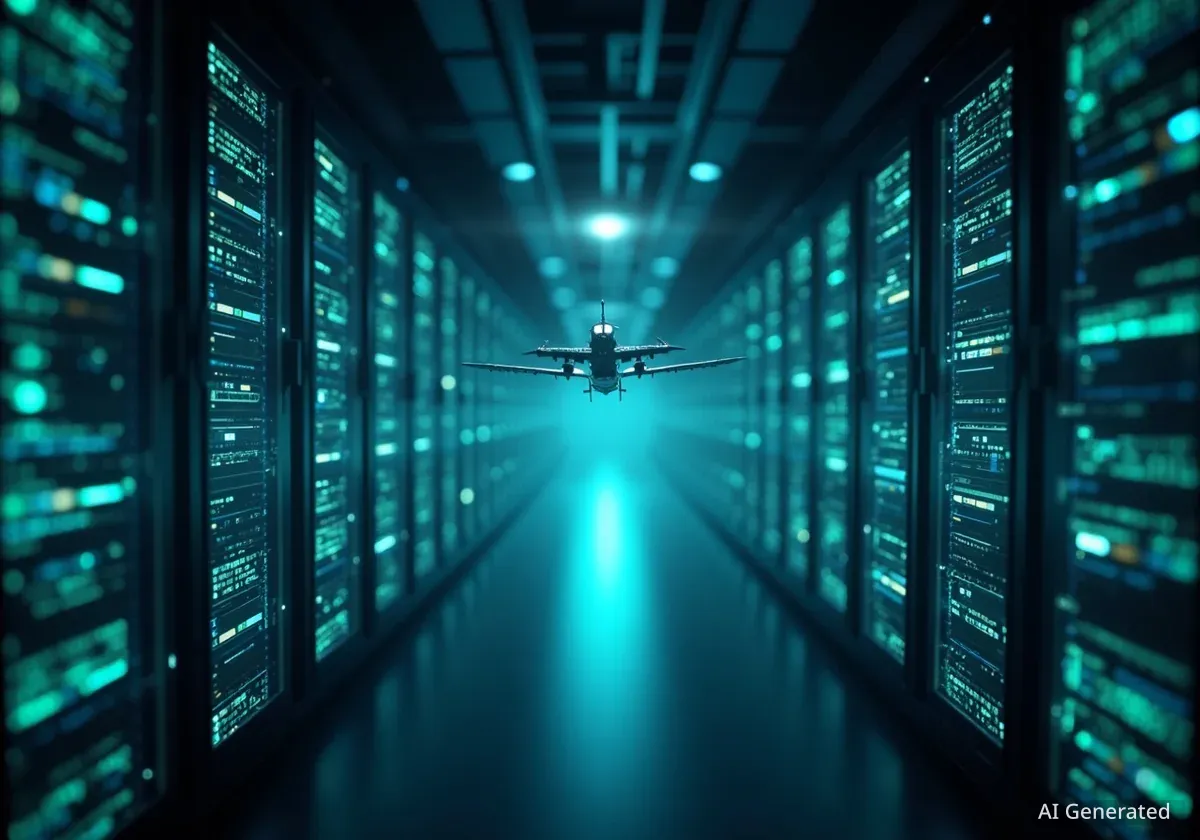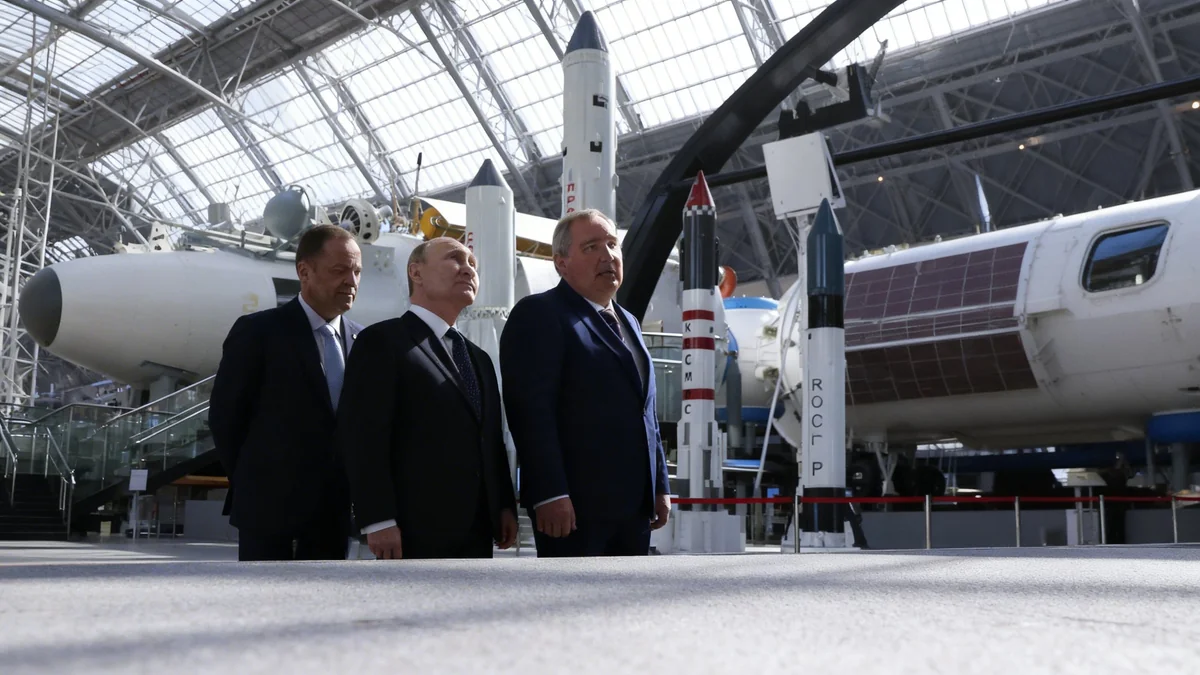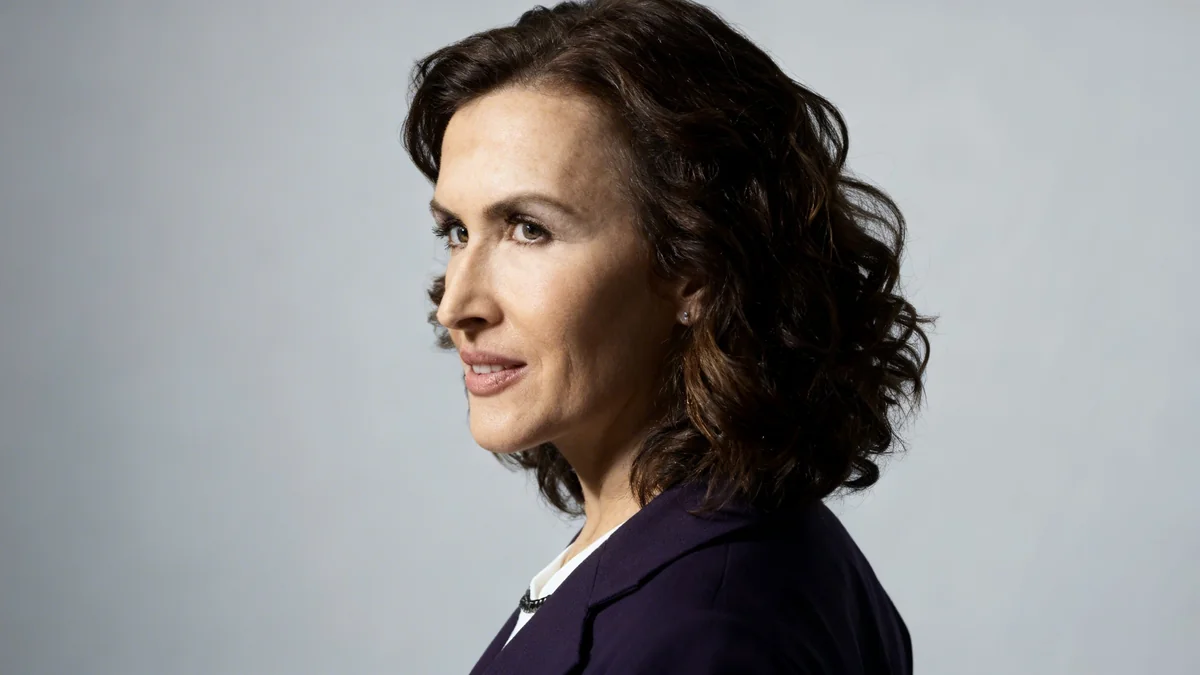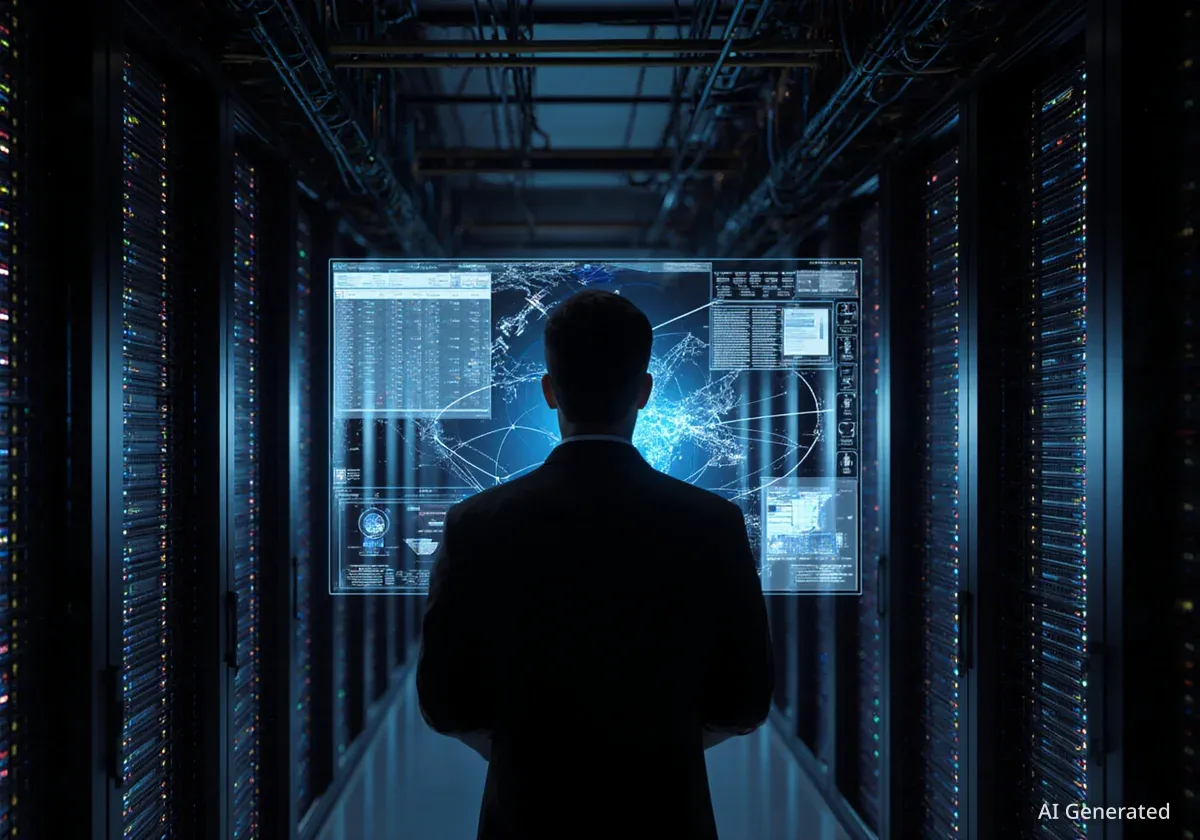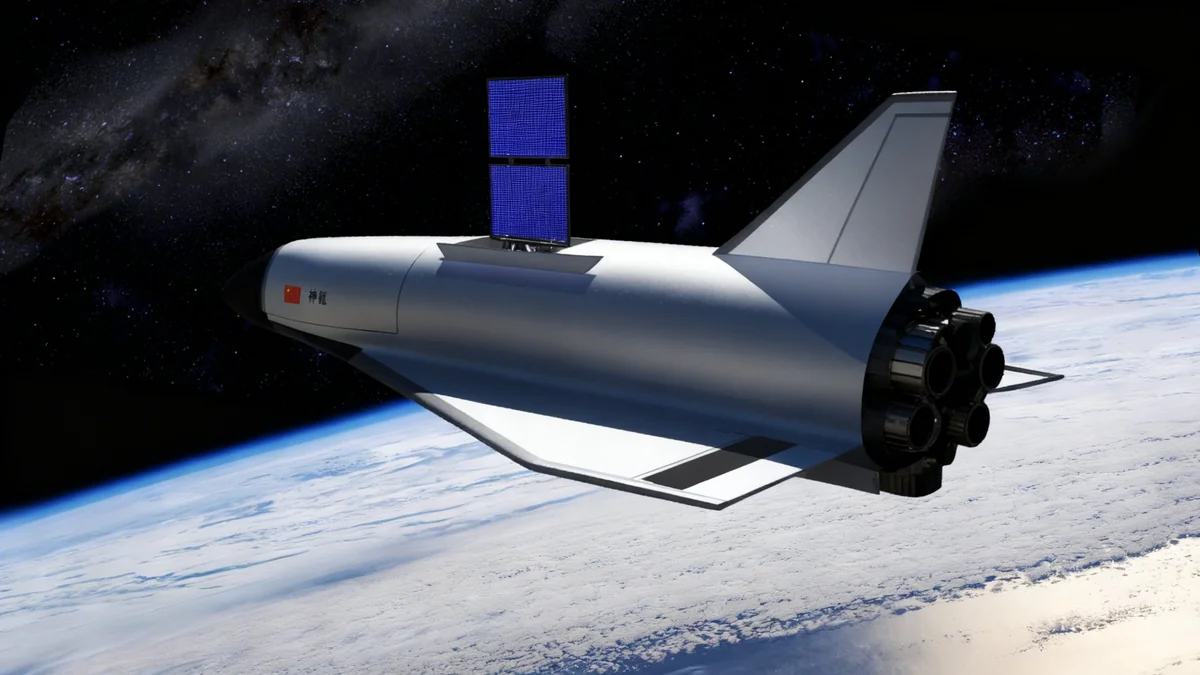Leaders from academia, industry, and national laboratories are set to convene in Pittsburgh this November to address the growing cybersecurity threats facing critical infrastructure on Earth and in space. The conference aims to forge a collaborative approach to securing the increasingly interconnected systems that modern society relies on, from power grids to satellites.
The IEEE Workshop on Security and Resiliency of Critical Infrastructure and Space Technologies will take place on November 11, 2025, highlighting the urgent need to close the security gap as technological dependence extends further into orbit.
Key Takeaways
- An international workshop in Pittsburgh will focus on the security of interconnected terrestrial and space-based infrastructure.
- The event, scheduled for November 11, 2025, is organized by the University of Pittsburgh's Swanson School of Engineering.
- Experts will address new risk vectors created by the dependency between Earth systems and satellites.
- The workshop features a keynote from Idaho National Laboratory's chief cybersecurity scientist and panelists from CMU, GrayMatter, and Allthenticate.
Bridging the Security Gap Between Earth and Space
As satellites become fundamental to global communication, navigation, and economic activity, their vulnerability to cyberattacks presents a significant risk. Researchers at the University of Pittsburgh have identified a critical lag in security protocols for these space-based assets, which are now deeply integrated with terrestrial infrastructure.
This dependency creates complex, cross-domain challenges that are often overlooked. A successful attack on a satellite system could have cascading effects on power plants, financial networks, and transportation systems on the ground.
"There are unique challenges and cross-domain dependencies between terrestrial and space systems that introduce new vectors of risk, which continue to be overlooked," stated Mai Abdelhakim, an associate professor at the University of Pittsburgh and the workshop's organizing committee chair.
The upcoming IEEE workshop aims to build an international community dedicated to solving these multifaceted problems. "A central aim is building a community that is working across domains, on Earth and in space, to address complex risks and keep infrastructure safer," Abdelhakim added.
A Convergence of Expertise in Pittsburgh
The event, held at the Wyndham Grand Hotel, is part of the larger IEEE International Conference on Trust, Privacy and Security in Intelligent Systems, and Applications. It will bring together a transdisciplinary group to foster a holistic approach to security.
The complexity of modern threats requires collaboration across sectors that have traditionally operated in silos. From industrial control systems to space station operations, the principles of resilience and security are becoming universal.
What is Operational Technology (OT)?
Operational Technology (OT) refers to the hardware and software used to monitor and control physical devices and processes. This includes systems in manufacturing, energy production (power grids), and transportation. Securing OT is critical because a cyberattack could cause physical damage, disrupt essential services, or endanger public safety.
Robert Cunningham, Vice Chancellor for Research Infrastructure at Pitt and a workshop co-chair, emphasized the broad scope of the challenge. "Maintaining critical infrastructure, no matter if it’s a power plant, a satellite, or a space station, is becoming increasingly complex," he explained. "During this workshop, we’re going to look at the technology and training necessary to ensure safer and more resilient systems."
Agenda Highlights and Key Speakers
The workshop's program reflects the depth and urgency of the topic. The day will commence with an opening by Robert Cunningham, followed by a keynote address from a leading figure in national cybersecurity.
Greg Shannon, the chief cybersecurity scientist at Idaho National Laboratory, will deliver a talk titled “Foundations for Trust, Privacy, and Security in Proliferated Spaces.” His presentation is expected to set the tone for discussions on establishing secure frameworks in a world with a rapidly growing number of connected devices, both terrestrial and orbital.
Following his keynote, Shannon will moderate a panel discussion on a crucial topic: “Operational Technology (OT) Security.” The panel will feature a diverse group of experts:
- Dionosio De Niz, a principal researcher at Carnegie Mellon University’s Software Engineering Institute.
- Samuel Perl, a senior technical staff member on the CSIRT development team at CMU.
- James Gillespie, chief growth officer at GrayMatter, a company specializing in OT.
- Chad Spensky, founder and CEO of cybersecurity firm Allthenticate.
Global Satellite Presence
As of early 2024, there are over 9,000 active satellites orbiting Earth. This number is projected to grow exponentially with the expansion of commercial constellations, increasing both the utility of space-based services and the potential attack surface for cyber threats.
Additionally, the workshop will include an invited talk by Sekar Kulandaivel, a research engineer at Bosch. His presentation will focus on a highly technical solution for securing microcontrollers, the small computing devices embedded in everything from cars to industrial machinery.
Fostering a Collaborative Future for Security
Beyond the formal presentations, the workshop is designed to foster dialogue and collaboration. Three separate paper presentation sessions will allow researchers and industry leaders from around the world to share their latest findings and innovative solutions.
Networking opportunities are built into the schedule, providing a forum for experts to exchange ideas and form partnerships that can translate research into real-world security improvements.
The choice of Pittsburgh as the host city is significant, given its status as a hub for robotics, software engineering, and cybersecurity research, anchored by institutions like the University of Pittsburgh and Carnegie Mellon University.
"It’s exciting to hold the workshop in Pittsburgh this year and to have such distinguished experts from across fields sharing their insight," said Abdelhakim. "Everyone’s experience is vital in developing more secure, resilient systems on Earth and in space." The event represents a critical step toward building a unified defense for the infrastructure that will define the 21st century.
